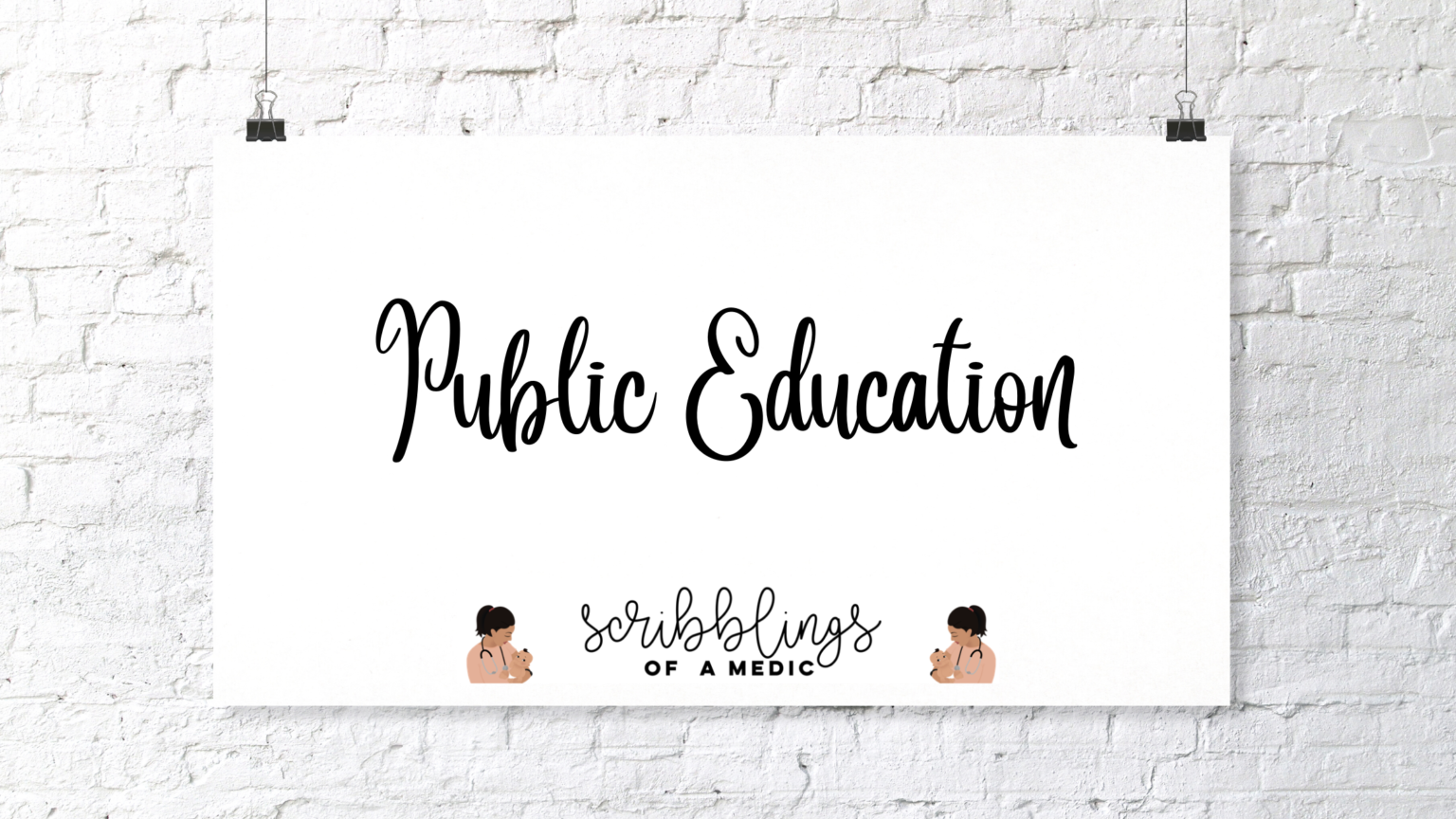 Over the past few months, the Covid-19 lock down shook up our lives and disrupted our routines. The lack of access to basic necessities like groceries and medications sent Sri Lankans everywhere into panic mode. As online platforms and delivery partners quickly geared up to deliver food items, it seemed as though menstrual and reproductive health essentials were sparse and difficult to access.
Over the past few months, the Covid-19 lock down shook up our lives and disrupted our routines. The lack of access to basic necessities like groceries and medications sent Sri Lankans everywhere into panic mode. As online platforms and delivery partners quickly geared up to deliver food items, it seemed as though menstrual and reproductive health essentials were sparse and difficult to access.
Recognising this, Anuki Premachandra invited me to have a conversation on the pulse.lk platform with her about the access to sexual and reproductive health products/advice whilst on lockdown. Listed below is a summary of our conversation, highlighting some of the common questions and topics that was on the minds of many at that time.
My periods have been irregular. Should I be worried?
I’m sure many of you have gone through stressful times in our lives (like exams) and realised that our menstrual periods have also gotten delayed or missed. This is because our menstrual cycle is governed by hormones (Oestrogen, progesterone and Luitenizing hormone). Some of these hormones that control the cycle is released from an area in the brain known as the hypothalamus. The hypothalamus is sensitive to stress, and this can in turn result in your period coming earlier or later than expected or even being missed.
Whether you felt it or not, the pandemic reshuffled all our lives, and as our bodies try to readjust it is normal for your periods to be a little irregular.
- The first thing you must do is to rule out pregnancy if you are sexually active. Urine and blood pregnancy tests are more accurate if done at least a week after your missed period.
- I know it’s also easier said than done but meditation, yoga and exercise can definitely help alleviate the stress and may help your body adjust.
- If you have prolonged irregular cycles you need to exclude underlying causes like drug-induced (steroids, OCP, emergency pill), thyroid disease and PCOS.
What is the maximum length of time a pad can be worn?
This all depends on the type of flow you have. You usually need to change your pads every 4 to 6 hours. If you have a heavy flow then you would need to change your sanitary pad more often than when your flow is lighter (at the end of your period). Heavily soaked sanitary pads are the perfect environment for bacteria to grow and if you wear heavily soaked sanitary pads for long periods, it can cause infections. Heavily soaked pads also cause irritation to the skin around the genital area.
How should sanitary napkins be disposed?
This is a very valid concern, because waste management services were very sporadic during lockdown, but I do think that as they slowly get back to their regular routines, disposal will be easier. However, till then I would advise you to collect your used sanitary napkins in a garbage bag and seal it tightly so that there is no foul smell. Keep it in a closed bin so that animals like rats cannot get into the garbage. When the collectors come around you can give it to them.
Do not flush sanitary napkins down the toilet as this only will result in an expensive plumbing bill due to clogged pipes. Most sanitary napkins are not biodegradable and will not decompose if buried.
What are the other alternatives to pad?
Other alternatives to the standard sanitary pad include tampons, menstrual cups and disposable sanitary napkins. Each method has its’ own benefits and drawbacks. Listed below are some of the outlets where these can be found:
-
- @justgoodness.co – www.justgoodness.co – for menstrual cups
- Eco Kade – @eco_kade for reusable pads
- Happy bleeding via instagram for menstrual cups
- Marvel tampons are available at certain supermarkets and have an online website for purchase
Where can I get condoms, the emergency pill or the oral contraceptive pills?
Condoms, emergency contraceptive pills and the combined oral contraceptive pill can all be purchased at your local pharmacy or grocery store. Remember that you do not need a prescription to buy contraception, however if it is your first time using the oral contraceptive pill it is best to get medically evaluated before starting the pill as there are certain contraindications to taking the pill. For instance those that smoke, are over the age of 35 years, have liver problems or high cholesterol levels or a past history of certain cancers should not be taking the pills as they will have an increased risk of forming blood clots whilst on the pill.
What is emergency contraception and how should it be used?
Emergency contraception is just that – it is contraception that is meant to be used in an emergency situation when unprotected sex has occured.
There are 2 forms of emergency contraception:
- There are 2 types of morning after pills available in SL – Postinor 1 and Postinor 2. Postinor 1 is just one tablet that has to be taken, whilst postinor 2 has two tablets which has to be taken 12 hours apart. You need to take the tablet within 72 hours (or 3 days) of unprotected sexual intercourse. The sooner you take it within the 72 hours, the more effective it is to prevent unwanted pregnancies.
- The other lesser known form of emergency contraception is actually the intrauterine copper device which has to be inserted by a medical doctor. It can be inserted within 5 days of unprotected sexual intercourse to prevent an unwanted pregnancy and can last upto 10 years.
It shouldn’t be used often as a regular family planning method but only in an emergency situation. It can make your menstrual cycle irregular and have side effects such as nausea and vomiting, so it should not be used as regular contraception.
How do you access pre-natal care during the curfew and the ongoing pandemic?
So if you have a regular ObGyn – for instance if you’ve been planning for a pregnancy and have been on prenatal vitamins, FA, etc. then you should contact your obgyn for an online or in person consultation. If you do not have a regular obstetrician you can get in touch with one over an online consultation platform or see one in person. When entering hospitals make sure you wear a mask and practice social distancing.
Also remember that there is a 24 hour hotline for pregnant mothers 0710301225 set up by the WHO.
Is birth control is bad for your body?
Birth control pills a.k.a the oral contraceptive pill contains hormone. Different people will have different experiences when it comes to any form of hormonal method. Most women experience improvement of menstrual cramps, menstrual irregularities and acne, but can also conversely experience weight gain, breast tenderness, mood swings, etc. These are just some of the side effects.
The 2 most common brands of oral contraceptive pill available are Mithuri and Yasmin. They are at 2 extreme price points, so keep this in mind as the packet has to be purchased monthly if you wish to continue using it as your family planning method. Some women have less side effects with mithuri, whilst others prefer Yasmin.
Please check with a medical practitioner before starting the oral contraceptive pill and do your research about the side effects. It is a popular method, but some women do experience side effects once coming off the pill after long term use as well.
How do you deal with menstrual cramps?
Menstrual cramps are a common symptom experienced during menstruation. However, it shouldn’t be so severe that it interferes with your day or prevents you from doing any activities. Dysmenorrhea is the medical terminology for menstrual cramps and these menstrual cramps primarily occur in the abdomen and pelvis, but can radiate to the back and thighs.
Most of the time there is no underlying cause for the menstrual pains (primary dysmenorrhea), however occasionally there can be other underlying conditions (secondary dysmenorrhea) such as endometriosis (the growth of the uterine/womb lining outside the uterus). In primary dysmenorrhea the reason why you get period cramps is because inflammatory substances like prostaglandins are released and this causes the uterine muscles to contract, thereby constricting the blood vessels to the uterine lining (endometrium) so that it sheds off and moves out of the uterus as the menstrual bleed.
Menstrual cramps can be managed at home, however it is important to first get a medical consult to rule out an underlying cause to your cramps. After that, the following tips may help you with managing menstrual cramps:
- Hot water bottle/heat packs – the heat eases the pain by relaxing your muscles! Hot water bottles can be purchased at pharmacies.
- NSAIDs (Non steroidal anti inflammatory drugs) painkillers – if you have no allergies to NSAIDs, Mefenamic acid (the generic name) is a great painkiller to help with menstrual cramps. Take one tablet as soon as you get the first cramp and then every 6 hourly if the pain comes back. Remember that it must be taken after meals as it can cause gastritis
- The combined oral contraceptive pill (COCP) – after seeing a medical professional, you may be prescribed COCP as they may effectively ease cramps and also reduces the bleed.
As a person who suffers from dysmenorrhea, I have tried a lot of methods. My hot water bottle is my life saver and I cannot go anywhere without it if I’m expecting my period. During my clinical years of medical school, I took the combined oral contraceptive pills continuously for 3 years. I take any brand of mefenamic acid every 6 hours from the time I get my first cramp after eating at least a piece of toast and this really helps settle my pain.
Some common myths that were asked:
- Birth control pills makes you fat – The depo provera injection is the only form of family planning that has been found to cause a weight gain in clinical studies.
- You can’t get contraception if you’re unmarried – Definitely not, you do not require a marriage certificate to obtain any form of contraception.
- You can’t get pregnant when having sex on your period – No, there is a very small chance you can get pregnant when you have sex on your period especially if you have irregular cycles as you can not accurately predict when you’re going to ovulate next. Also sperm can live upto 6 days so there is a chance you can get pregnant.
- You shouldn’t wash whilst on your period – Utter and absolute lies! Whilst you are on your menstrual period, you do tend to sweat more and it is definitely important to wash during the days you are on your period (especially when you live on a tropical island).
For the entire article on the pulse platform, do check out http://www.pulse.lk/health-and-beauty/menstruation-matters-your-period-related-questions-answered/





